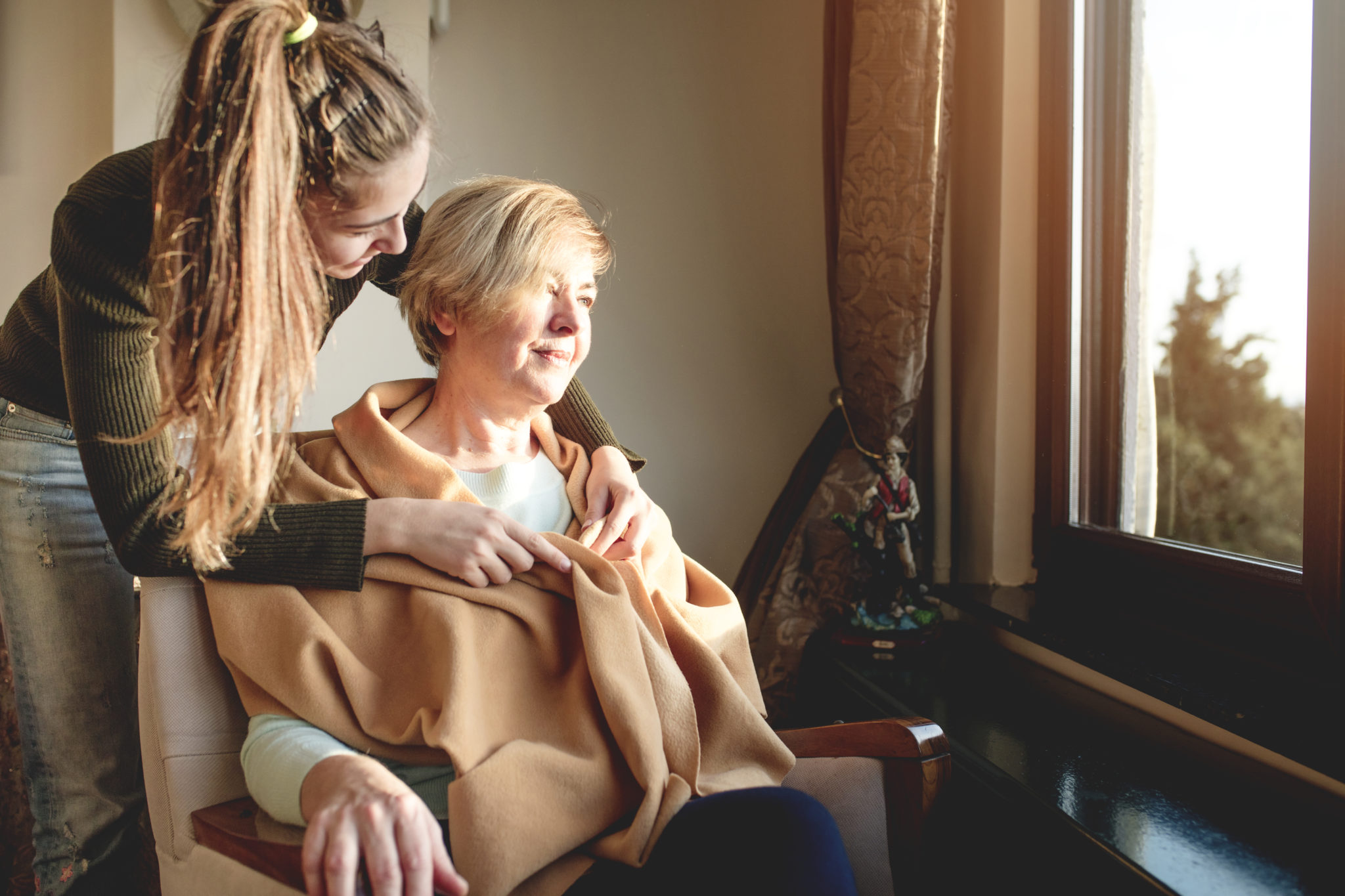Contrary to myth, hospice care is not just for the final days of life. Although many families don’t call hospice until a loved one’s passing is imminent, many say they wish they’d known about hospice sooner.
“So many people think of end of life as the last day or two. But hospice can do so much if we’re involved in the months before the very end of life,” explains Richard Long, MD, medical director for HopeHealth.
To qualify for hospice coverage through Medicare, two physicians—your own and a hospice doctor—must certify that life expectancy is likely six months or less if the illness progresses along the usual course. (Every case is different, and people who qualify for hospice can continue to receive services if they live longer than six months.)
The significance of this guidance is that it can be appropriate to ask about hospice at the point when cure or recovery is no longer an option, and not just in the final stage of life.
Here are five reasons to start hospice as soon as you qualify.
Reason 1: Medicare pays for all hospice services.
Many people hesitate to call hospice because they fear the costs. On the contrary, Medicare (along with Medicaid and most private insurers) cover a wide variety of medical and non-medical hospice patient and family services, including:
- Medical care from hospice doctors and nurses in your home or residential facility
- Visits to your primary care providers and specialists
- Many medications
- Social workers
- Home care aides
- Chaplains and spiritual counselors
- Grief counselors
- Medical equipment, such as wheelchairs and hospital beds
- Volunteers who provide companionship, transportation to doctor appointments, complementary therapies and services for U.S. veterans
“Many folks aren’t aware that hospice coverage pays for care from a variety of professionals. We all have our own expertise and we all bring something to the mix,” says Dr. Long.
Hospice is designed to reduce suffering and improve quality of life, but it can take time to get symptoms under control. Continuous visits from a hospice nurse over weeks or months can bring comfort and relief.
Reason 2: Hospice can improve your quality of life.
 If chronic pain, fatigue, shortness of breath, anxiety, insomnia or depression are making it harder to get through the day, hospice can help.
If chronic pain, fatigue, shortness of breath, anxiety, insomnia or depression are making it harder to get through the day, hospice can help.
Hospice is designed to reduce suffering and improve quality of life, but it can take time to get symptoms under control. Continuous visits from a hospice nurse over weeks or months can bring comfort and relief. This care can also reduce preventable trips to the emergency room or hospitalizations.
Clinical research even suggests patients may live longer while on hospice.
“The goal of hospice is to focus on what the patient wants for their care. It’s not only what can we do for the patient, but what does the patient want?
Reason 3: Hospice puts your wishes front and center.
Early adoption of hospice gives you more time to express your wishes and develop a plan of care tailored to your precise needs.
“The goal of hospice is to focus on what the patient wants for their care. It’s not only what can we do for the patient, but what does the patient want?” explains Brian Berger, vice president of access and community engagement for HopeHealth.
Every individual’s wishes are different. Some have bucket lists of things they’d like to accomplish, like attend a granddaughter’s wedding and write letters to loved ones. Others want to create advance directives to document their wishes regarding resuscitation or medical interventions.
Hospice clinicians and social workers capture all of these wishes in the care plan.
Reason 4: Hospice helps you communicate with doctors.
Hospice providers help you understand your medical care and empower you to ask questions.
“Hospitals can be scary places. People are moving fast, and folks struggle sometimes to just pause and ask the physician or the case worker questions,” Berger says.
Many spouses and adult children rely on hospice to help them navigate the health care system, according to Berger. Hospice providers give families the language and knowledge to assert their needs.
Starting hospice early gives you and your family time to form a relationship with the people caring for you.
Reason 5: Hospice gives your family much-needed support.
One of the most special components of hospice is support for the family.

“A lot of times people are just overwhelmed. They’re burned out caring for their loved ones and they’re not sure what to do,” explains Kayla Gillis, a hospice referral center and admissions nurse for HopeHealth.
Hospice care providers educate families about the best ways to care for a loved one. They also offer emotional support ranging from informal “kitchen table chats” to referrals to personal counseling or support groups.
For caregivers suffering burnout, hospice can arrange for respite care. This care offers a spouse or adult child a break from caregiving duties. The break can range from a few hours to a few days, depending on the situation.
Finally, starting hospice early gives you and your family time to form a relationship with the people caring for you, whether it’s a nurse or volunteer or aide, says Gillis. Seeing familiar faces can be a source of comfort in this difficult time.

